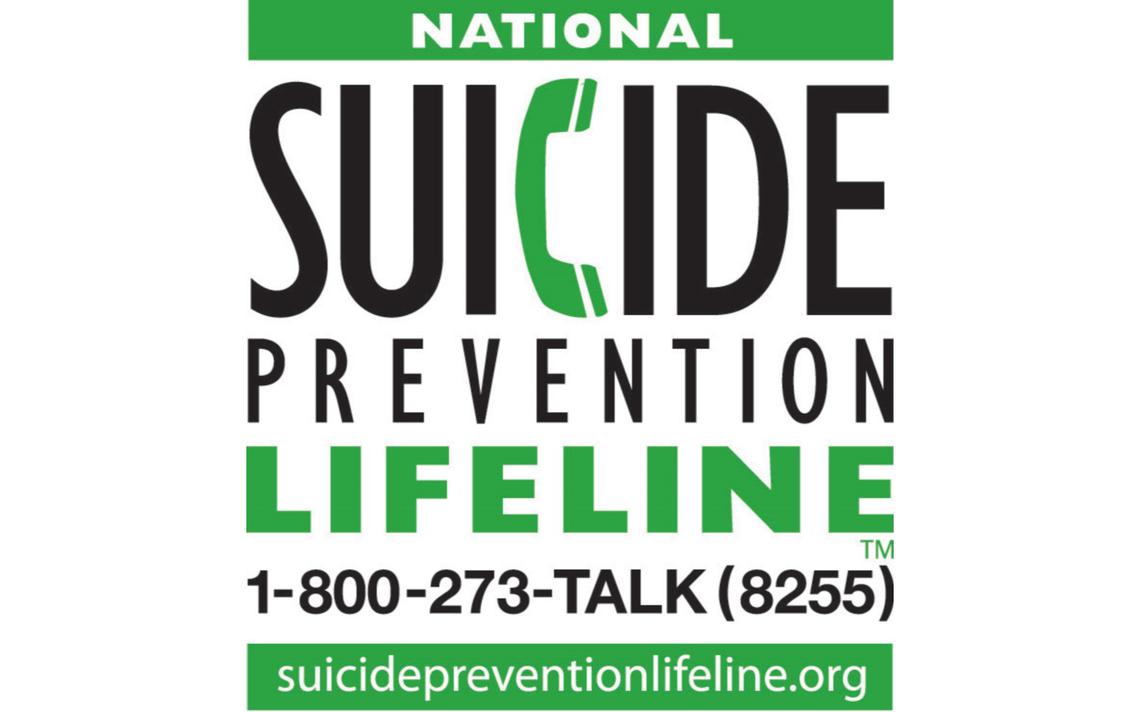I recently asked our Facebook fans and Twitter followers to answer the following: “What does stigma mean to you? How has it affected you or someone you know?” Here are their responses:
“The stigma casts those dealing with a mental illness out of society.”
“Stigma means that you are ashamed of who you are. It prevents you from trying to improve your life.”
“It means my depression & anxiety aren’t taken seriously, my needs are dismissed & support can’t be found. It makes life hard.”
“The inability to speak openly or comfortably to anybody because of the fear of judgement or being treated differently.”
“Instead of staying I have the flu or caught a cold, stomach bug etc, I wish I could be honest…and say, I’m struggling today.”
To me, stigma is the difference between “I can tell you’re feeling sad, what’s wrong?” and “You’re depressed? I have no idea how to help you.” Sadly, I faced this exact situation myself when I was a junior and senior in high school. My close friends could tell that something was wrong, but it wasn’t until I told them that I had been diagnosed with depression that some of them began to act differently towards me. Instead of trying to be there for me as they had in the beginning, they began to slowly drift away from our friendship. I think it’s easy for people who haven’t dealt with depression to be there for someone who is sad, but as soon as the word “depression” is mentioned, they think that they have no idea how to handle the situation. Those friends from high school who slowly drifted away have been out of my life for years, and the friends who were always there for me and treated me exactly the same as they always had throughout my depression are the closest friends I have. The difference is that some people started to see me as “depression,” while my true friends still saw me as myself without the added label.
Stigma adds a label. People who are dealing with mental illness have enough to deal with as it is without the added labels that society is prone to add. What can we do to help remove those labels? I believe that open discussion and education are key. If society could stop putting stigmatizing labels on mental illness and understand that people are people, whether they are dealing with depression or cancer, we’d be on the right track.
Feel free to respond to these questions yourself by leaving a comment:“What does stigma mean to you? How has it affected you or someone you know?”



Stigma means that someone else treats you differently and negatively.
Pingback: The ironic (and surprising) effects of weight stigma « Health and Medical News and Resources
I willl be happy if you include my blog in your Blogroll – http://marsyberon.com/
I’m interesting in similar things and I published the book “The power of labels” in August last year. It is not exactly about stigma of illness, it is about labeling in all areas of our comunication. I named my blog “In the mirror of the words” and I invite everyone of you to discuss about comunication, misunderstanding, insults, injury with words, labeling and so on.
I will add it to the blogroll! 🙂
Thank you for adding my blog.
maryberson – have a look at our post http://traumaanddissociation.wordpress.com/2013/10/02/did-terms-i-am-not-a-label/ – it’s got a great TV clip in it too
End the stigma – We’d love to be on your blogroll too – http://traumaanddissociation.wordpress.com
I will add you to the blogroll!
thank you
I couldn’t make Blogroll in my blog, so I created page Friends and I added “end the stigma” there.
Thank you so much!
Pingback: “Listening Is Latest Weapon In Fight Against Stigma” | Pennsylvania Mental Health Issues
Pingback: Anxiety and a Puppy – Smart Stunning Searching
Pingback: “The Stigma of Mental Illness Is Making Us Sicker” | Pennsylvania Mental Health Issues